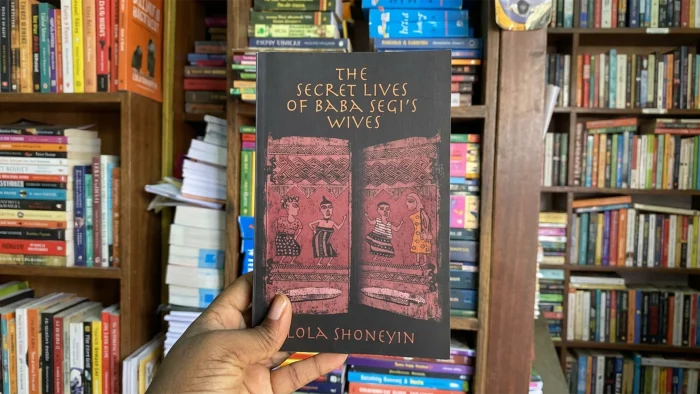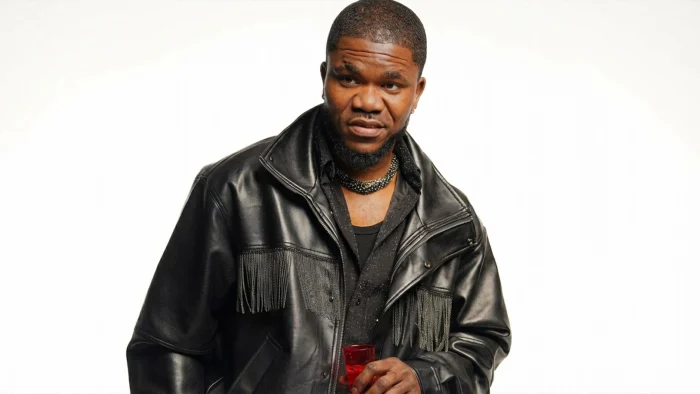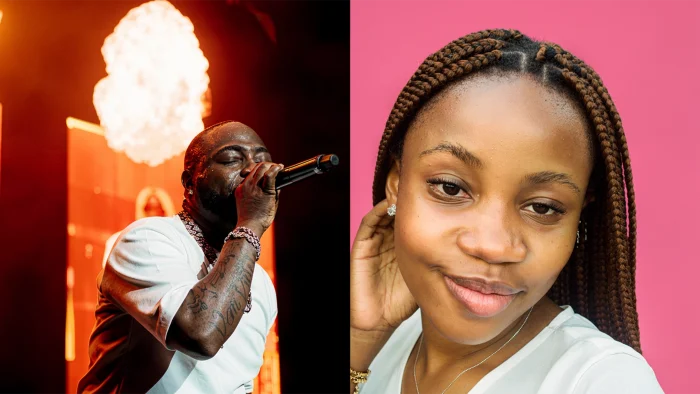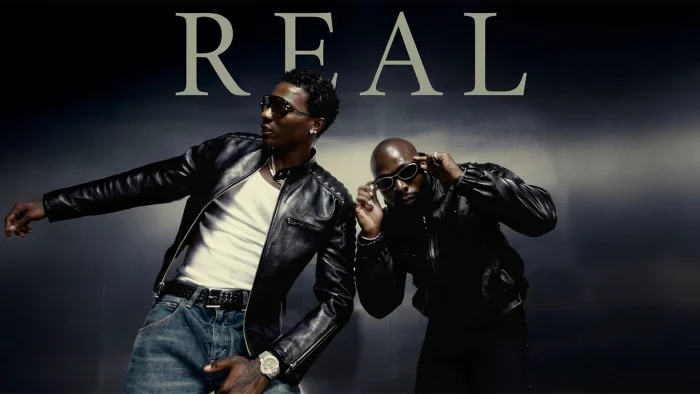As the winter chill settles in, communities around the world embark on a journey of festive celebrations, beginning with the widely anticipated Christmas. Rooted in religious traditions, Christmas has evolved into a global celebration, blending religious significance with cultural customs.
[ad]
The genesis of Christmas dates back to the Christian belief in the birth of Jesus Christ. Over time, this celebration has transcended its religious origins, becoming a cultural phenomenon marked by joy, generosity, and togetherness.
In many households, Christmas Eve is a time for family gatherings, adorned trees, and the exchange of gifts. The aroma of holiday feasts fills the air as people come together to share in the warmth of the season. Churches hold midnight Mass, echoing with hymns that have resonated through centuries.
Yet, as Christmas Day draws to a close, the festivities are far from over. A notable companion celebration is Boxing Day, observed on December 26th in various countries, including the United Kingdom, Canada, and Australia. Contrary to its name, Boxing Day has no connection to the sport of boxing. Its origins trace back to the tradition of giving boxes of food and goods to servants and those in need on the day after Christmas. Today, it has transformed into a public holiday characterized by shopping, sports events, and charitable activities.
Moving beyond Boxing Day, cultures worldwide continue the merriment into the New Year and beyond. In Scotland, the Hogmanay celebration takes center stage, marking the last day of the year with lively festivities. The first-footing tradition involves the first person who crosses the threshold after the stroke of midnight bringing symbolic gifts, such as coins or bread, to ensure prosperity for the coming year.
In Spain and Latin American countries, the celebration extends into Epiphany or Three Kings’ Day on January 6th. Commemorating the visit of the Magi to the baby Jesus, it involves parades, feasts, and the exchange of gifts.
In Asian cultures, Lunar New Year, also known as the Spring Festival, is a vibrant celebration marking the beginning of the lunar calendar. Families gather for festive meals, dragon and lion dances fill the streets, and fireworks illuminate the night sky.
Each celebration, with its unique genesis and traditions, reflects the diversity of human cultures and the universal desire to come together in joyous moments. As the calendar turns, these festivities serve as a reminder of our shared humanity, bringing warmth and light to the winter season and beyond.
[ad unit=2]








